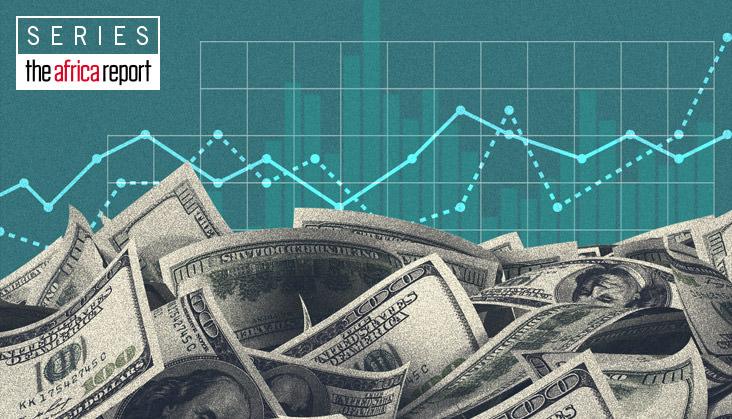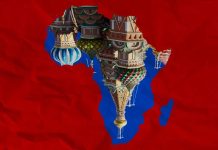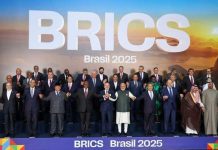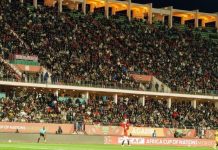Africa-Press – Lesotho. The economic consequences of the Covid-19 crisis have revived fears about the indebtedness of African countries. Is this alarmism justified? We investigate this question in our four-part series.
African debt. . . Often presented as a burden, it has this annoying tendency to return like a boomerang every time we think we have finally tamed it. It was thought to be more or less under control, but in the last two years, African debt has once again been at the heart of debates.
This is largely due to the Covid-19 crisis as well as the economic and social emergencies that countries on the continent have suddenly found themselves facing.
In recent days, fears have been heightened by the rise in interest rates on international markets, particularly in Europe and the United States, where many African states have been mobilising resources.
It should be noted that in 2021, the massive injection of liquidity into Western economies to deal with the pandemic’s consequences had made borrowing “almost free”. A painful and endless story
Debt and Africa have a long and painful history, comprising structural adjustment programmes (in the 1980s and 1990s) and plans for heavily indebted poor countries from the 2000s onwards.
Today we speak of Debt Service Suspension Initiatives (DSSIs) and the “common framework for debt treatment” adopted by the G20, but it is clear that the results of these initiatives have been quite uneven. We have to stop making a fuss about African debt
Aren’t we being too quick to raise the spectre of debt? Haven’t Africans made progress in managing their finances? “We have to stop making a fuss about African debt,” says Benin’s former Prime Minister Lionel Zinsou, now an investment banker.
Interviewed by Jeune Afrique in September 2016, he said that the continent was “dramatically under-indebted”. In reality, while some economies are truly in distress, they are not the majority and the overall picture is far less catastrophic than it seems.
For More News And Analysis About Lesotho Follow Africa-Press






